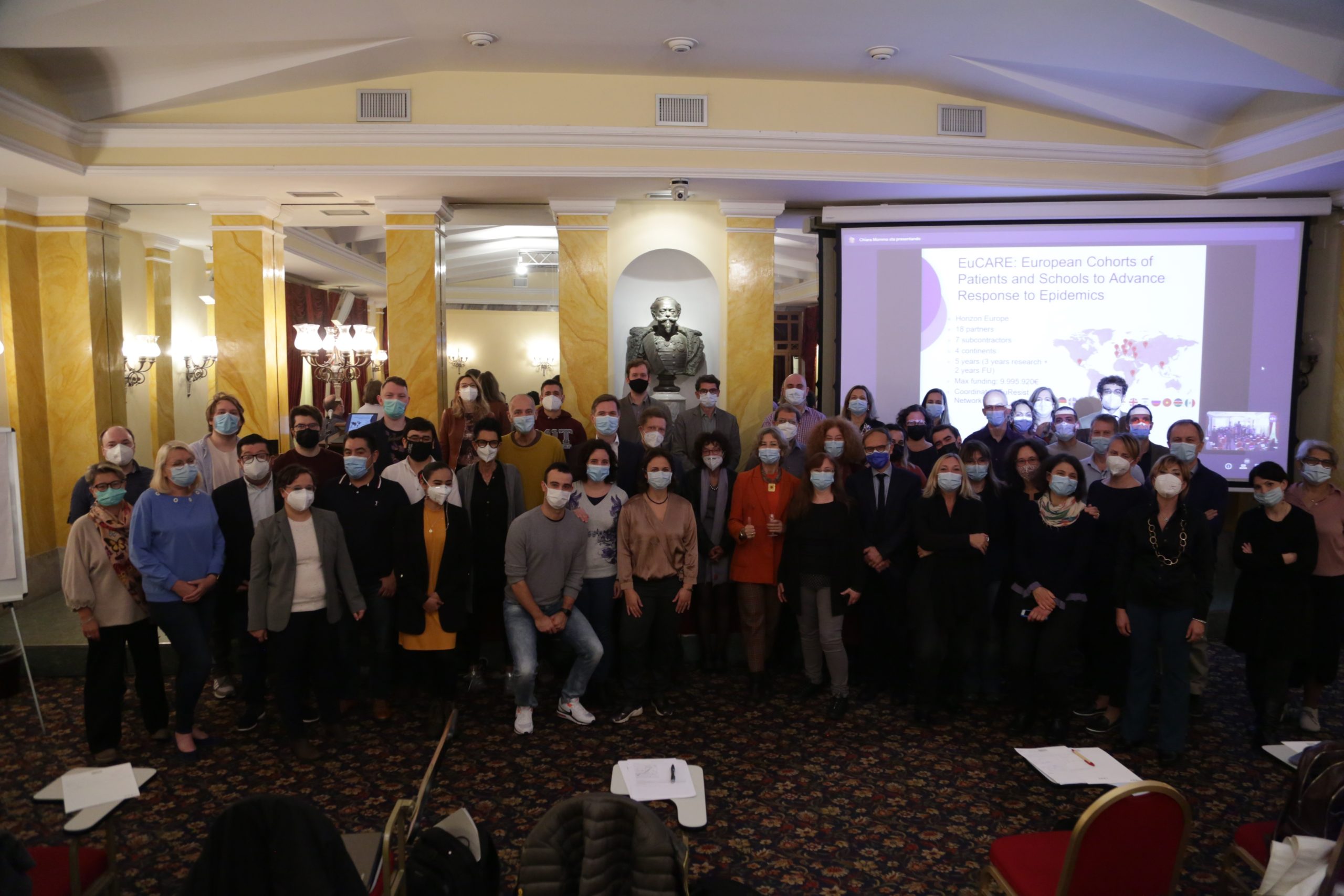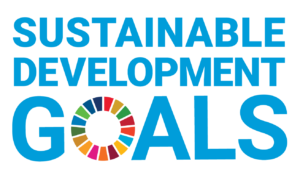The GHTM R&D Centre participates in a European research project aiming to better understand several consequences of an epidemic, the «EuCARE: European cohorts of patients and schools to advance the response to epidemics».
The European Commission, on 16 September, launched «the European Health Emergency preparedness and Response Authority (HERA) to prevent, detect, and rapidly respond to health emergencies», announced by President von der Leyen, in her 2020 State of the Union address, as «a key pillar of the European Health Union». HERA will help the EU member states to «anticipate threats and potential health crises, through intelligence gathering and building the necessary response capacities».
This new shared-resource, established within the EU Commission, builds upon and encompasses the work launched by the European bio-defence preparedness plan against COVID-19 variants called «HERA Incubator», set up in February 2021. That incubator’s role is to gather «researchers, biotech companies, manufacturers, regulators and public authorities to rapidly detect and characterise new variants, adapt vaccines as necessary and scale up existing production capacities». One way to meet its goals is to fund research and innovation projects, and, as the world faces the SARS-CoV-2 pandemic, the Commission mobilised €120 million, from Horizon Europe, for urgent research into coronavirus variants, namely, to prevent, mitigate and respond to their impacts.
On 22 July 2021, the EC announced a funding short-list for 11 projects involving 312 research teams from 40 countries in Europe and beyond, dedicated to the four topics available for expressions of interest with the following amounts, € 57 M, € 30 M, € 21 M, € 12 M, respectively:
- Clinical trials for therapeutics and vaccines to boost COVID-19 prevention and treatment and further inform public health policy and clinical management;
- Cohorts united against COVID-19 variants of concern supporting activities that are enabling or contributing to the development of large scale, COVID-19 cohorts and networks worldwide, including beyond Europe’s borders, forging links with European initiatives as a global response to the pandemic;
- Research infrastructure services for rapid research responses to COVID-19 and other infectious disease epidemics, to set up and provide access to a comprehensive portfolio of relevant services;
- FAIR and open data sharing in support to European preparedness for COVID-19 and other infectious diseases, to further develop and integrate platforms for the sharing of relevant research resources.
The EuResist Network GEIE, an international non-profit partnership – spanning 14 countries, including Portugal – dedicated to understanding and fighting against antiretroviral drugs, of which the Nova University, through GHTM-IHMT, is a partner institution, proposed the project «EuCARE» for the cohorts’ call and it was approved to be funded by the EC under HORIZON-HLTH-2021-CORONA-01.
What is «EuCARE: European Cohorts of Patients and Schools to Advance Response to Epidemics»?
The project aims to answer several questions important for epidemiological management, be it about variants: influence in the COVID-19’s clinical course, evasion from tests or vaccines, change of the contagion or the testing and containment strategies within schools; or about the containment measures’ impact on pupils and teachers.
Hence, 22 universities, hospitals and ICT research centres, coordinated by EuResist Network, will cooperate to supply solid, data driven evidence to manage SARS-CoV-2 variants and COVID-19 epidemics, fulfilling the project’s official objectives:
- to study viral variants in relation to their capacity to escape control by available vaccines;
- to study viral variants in relation to their capacity to escape diagnosis by available tests;
- to study the host immune response to different variants, in terms of both antibody and cellular immunity; and to evaluate possible cross-immunisation with other coronaviruses;
- to assess the role of the different viral variants in response to treatment interventions and in disease progression, including long-term outcome, and to identify predictors of patients at higher risk;
- to determine the prevalence of viral variants, their attack rates and clusters in schools compared with the general population;
- to compare the efficacy of different screening methods and of different preventive measures in schools with respect to new viral variants; in particular, an emerging pooled saliva screening method will be evaluated;
- to evaluate the psychological and learning-loss effect of the school closure during the pandemic.
Methodology
To meet these goals, and having the help of immuno-virological and artificial intelligence components, the research will enrol hospital patients, vaccinated healthcare workers and schools’ cohorts from several European countries, like Portugal and Belgium – the participation of the latter is led by a former IHMT academic, Prof. Anne-Mieke Vandamme – but also, Russia, Vietnam, Kenya, and Mexico, totalling 11 countries.
It is expected that the prospective cohort study will be able to enrol more than 2600 patients and 1600 healthcare workers, with wide coverage of different vaccines, health care systems, viral variants’ distributions or treatment protocols.
The project should engage more than 1400 patients with so-called «long-COVID», e.g., symptoms attributable to post-acute sequelae SARS-CoV-2 infection (PASC), from EU, UK, Georgia and Russia.
Finally, EuCARE’s schools cohorts, entailing all grades, should comprise, at least, 26000 students from 35 schools and 40 nurseries, will be based on the ongoing screening programmes in Germany and Mexico, besides the inclusion of Portuguese and Italian schools. The geographic diversity will ensure that the cohorts will come from very different urbanisation contexts, socioeconomic statuses, containment protocols and personal protective equipment usages. This project’s area includes a questionnaire to students and teachers, to assess the impact of distance learning during the schools’ closing during the confinement period, and a comparison study about the effectiveness of different screening methods, like saliva tests.
The responsibility of the Portuguese participation relies on the Institute of Hygiene and Tropical Medicine (IHMT) of the NOVA University of Lisbon and the Hospital Egas Moniz, both in Lisbon. The coordinator of the Portuguese team is GHTM’s Ana Abecasis, professor at the International Public Health Unit and Biostatistics of the IHMT and member of EuResist Network’s Scientific Board. She plans to contribute with a sample of 2000 students and teachers, 1400 hospitalised patients, 200 PASC patients and 100 health professionals.
The work of the European project, led by Italy with GHTM’s participation, «EuCARE: European cohorts of patients and schools to advance the response to epidemics», on the most critical aspects of the SARS-CoV-2 epidemic, started on the 11 November, in Rome, with two days of debate, at the Hotel Massimo D’Azeglio, between experts gathered from 22 universities, hospitals and research centres, among different countries.


[…] You can read more about it in our previous news article. […]